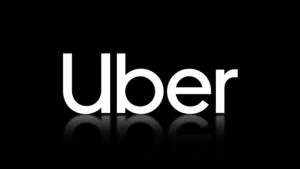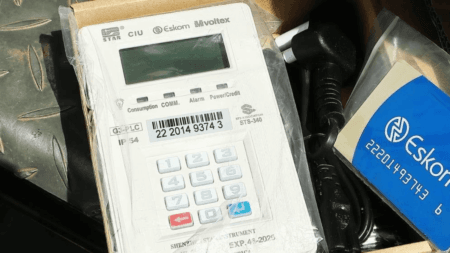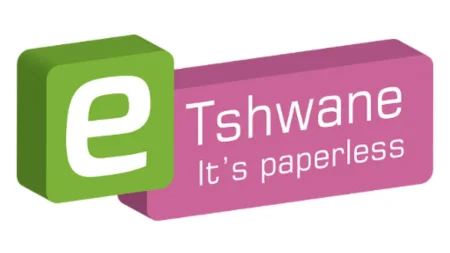Defaultig a loan in South Africa can lead to serious financial and legal consequences that can affect your financial health and long-term creditworthiness. The National Credit Act (NCA) and the National Credit Regulator (NCR) govern the processes and procedures for handling defaults on loans. Whether it’s a personal loan, credit card debt, or any other form of credit, understanding the ramifications of loan default is crucial. In this article, we explore the financial and legal consequences of loan default, as well as the available defenses and alternatives to protect your interests.
Financial Consequences of Defaulting on a Loan
1. Damage to Your Credit Score
One of the most immediate consequences of defaulting on a loan in South Africa is damage to your credit score. Your credit score is an essential part of your financial profile, influencing your ability to access loans, credit cards, and sometimes even insurance. A default can cause a significant drop in your credit score, which may remain on your credit record for a year or even longer, depending on when the debt is settled. As a result, lenders may view you as a high-risk borrower, which can lead to higher interest rates or outright rejection when you apply for credit in the future.
2. Accruing Interest and Fees
When you miss a payment, the lender usually applies late fees and interest on the outstanding balance. This accumulation increases the total amount you owe and makes it harder to repay the debt. Over time, this compound interest can snowball, significantly increasing your debt burden. This means the longer you delay repayment, the higher your outstanding debt will grow, making it even more challenging to recover financially.
3. Debt Collection Efforts
Lenders, or collection agencies on behalf of lenders, will begin efforts to recover the money owed once you default on a loan. These efforts include persistent phone calls, emails, and letters. If you ignore these communications, the lender may escalate the matter by pursuing legal action. It’s important to address these communications early to avoid worsening the situation.
Legal Consequences of Loan Default
In addition to the financial implications, defaulting on a loan in South Africa can have serious legal consequences. Here’s a breakdown of what can happen legally:
1. Letter of Demand (Section 129 Notice)
After defaulting on a loan, you’ll typically receive a formal letter of demand, known as a Section 129 notice. This letter is required by the NCA and is a prerequisite before any legal action can begin. It serves as your last opportunity to settle the debt or negotiate terms with the lender before they take the matter to court. The notice gives you 20 days to respond, either by paying the outstanding amount or agreeing to a repayment plan.
2. Court Summons and Default Judgment
If you fail to respond to the letter of demand or do not show up in court, the lender can take further legal action by applying for a default judgment. This court order formally acknowledges that you owe the debt and authorizes the lender to take steps to enforce the payment. If the lender obtains a default judgment, you will be legally obligated to repay the debt under the terms outlined in the judgment.
3. Warrant of Execution
Once a default judgment is issued, the court can also issue a warrant of execution. This allows the lender to seize your assets to recover the debt. The assets that can be taken include valuable possessions like cars, household items, and even funds from your bank account. If your debt remains unpaid, these enforcement measures can severely impact your financial stability.
4. Attachment of Earnings (Wage Garnishment)
Another legal consequence of defaulting on a loan is the possibility of wage garnishment. If the court issues a judgment against you, it can instruct your employer to deduct a portion of your wages directly from your salary. This will continue until the debt is repaid in full. Wage garnishment can significantly affect your monthly income and your ability to meet your other financial obligations.
5. Repossession of Secured Assets
If your loan is secured (for example, a car loan or home loan), the lender can repossess the collateral if you default. This means that if you fail to make payments on your car or home loan, the lender has the right to seize your property and sell it to recover the debt. The risk of repossession makes secured loans particularly dangerous for borrowers who may struggle to meet repayment schedules.
6. Financial Enquiry
In some cases, the court may also order a financial enquiry under the Magistrate’s Court Act. This enquiry assesses your financial situation to determine your ability to repay the debt. During the enquiry, you will be required to disclose your financial details, including income, expenses, and assets. This process helps the court decide on the best course of action, such as installment payments or other arrangements.
Defenses and Alternatives to Defaulting on a Loan
While defaulting on a loan can have severe consequences, there are options to mitigate the damage or avoid legal action altogether.
1. Negotiating Payment Plans
One of the first steps you should take if you’re unable to pay your loan is to negotiate with the lender. Many lenders are open to restructuring loans or providing a more manageable payment plan, especially if you communicate proactively. Avoiding communication can worsen the situation, so it’s essential to work with your lender to find a feasible solution.
2. Challenging the Loan Agreement
If you believe that the loan agreement was unfair or the lender acted improperly, you may be able to challenge the loan in court. For example, if you were misled or the interest rates were excessively high, you could seek legal advice and potentially dispute the agreement.
3. Debt Counselling and Debt Review
In South Africa, debt counselling and debt review are structured methods designed to help individuals manage their debt and avoid legal actions. Under the NCA, debt counsellors can help you by negotiating with creditors and ensuring that you meet your obligations in a more manageable way. Debt review can provide protection against legal action and prevent asset repossession while you work to pay off your debts.
Check also: Top 10 Small Loan Options in South Africa: A Practical Guide to Borrowing Smart
Defaulting on a loan in South Africa is a serious matter that can lead to significant financial and legal consequences. From damaging your credit score and accumulating more debt to facing repossession and wage garnishment, the ramifications can affect your financial future for years to come. However, it’s important to remember that there are avenues for resolution, such as negotiating with creditors, challenging the loan terms, and seeking professional debt counselling.
The key to managing loan default is acting early and proactively communicating with lenders, as well as seeking legal or financial advice where necessary.










